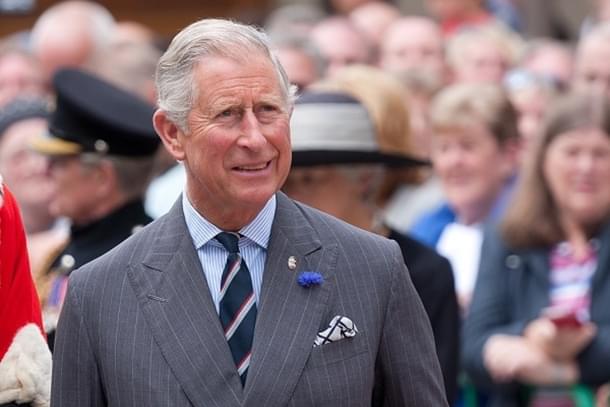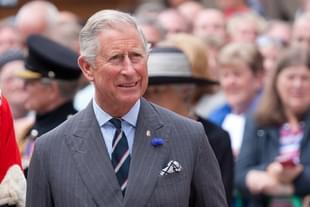World
'Abhorrent And Unjustifiable Acts Of Violence, No Excuse For Them': King Charles In Kenya Even As He Falls Short Of A Formal Apology
Bhuvan Krishna
Nov 01, 2023, 03:09 PM | Updated 03:09 PM IST
Save & read from anywhere!
Bookmark stories for easy access on any device or the Swarajya app.


King Charles III of the United Kingdom acknowledged that there could be "no excuse" for the British colonial atrocities committed against Kenyans during his visit to Kenya.
"There were abhorrent and unjustifiable acts of violence committed against Kenyans as they waged... a painful struggle for independence and sovereignty," King Charles said.
However, he did not offer the formal apology that some in the east African nation had demanded.
During his visit, King Charles addressed the historical "wrongs" of the colonial era, but the primary focus of the trip was building on the positive modern-day relationship between the UK and Kenya.
The four-day state visit marked King Charles's first tour of an African and Commonwealth nation since ascending to the throne. It occurred just weeks before Kenya celebrated the 60th anniversary of its independence.
The visit began with a ceremonial welcome by Kenyan President William Ruto, followed by a wreath-laying ceremony at the Tomb of the Unknown Warrior in the Uhuru Gardens Memorial Park.
This site holds historical significance for Kenya as it is where independence was declared in 1963. The park also stands on the former location of a British colonial camp where Mau Mau guerillas were detained during their uprising from 1952 to 1960.
This period was marked by significant violence, with at least 10,000 people killed, and many more detained and subjected to abuse.
King Charles acknowledged that the wrongdoings of the past were a cause of great sorrow and regret.
He expressed his hope to meet individuals affected by colonial abuses, highlighting that addressing history honestly and openly could help strengthen the friendship between the UK and Kenya.
While Kenyan President Ruto commended King Charles's readiness to shed light on uncomfortable truths, he did not receive a formal apology during the state banquet.
Some in Kenya had called for an unequivocal public apology and reparations for colonial-era abuses.
King Charles spoke of the special meaning Kenya holds for his family, particularly his mother, Queen Elizabeth II.
Kenya is where Queen Elizabeth II learned of the death of her father, King George VI, marking the start of her historic 70-year reign.
The royal visit focused on climate change, support for the creative arts, technology, and youth. Kenya and the UK maintain a strong economic partnership, with significant trade between the two nations.
The royal tour included engagements related to environmental protection and meeting with religious leaders in the city of Mombasa.
Bhuvan Krishna is Staff Writer at Swarajya.





